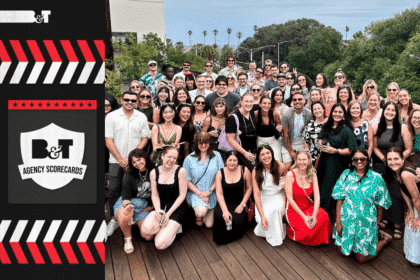Google is back in court and will argue against breaking up the company on the grounds that the US needs all of Google’s businesses to take on China and uphold national security.
The Google remedies case, which is taking place in a Washington DC court, will listen to arguments by the Department of Justice (DOJ), which wants Google to divest its Chrome browser and open up searching data to rivals.
It follows a ruling by judge Amit Mehta that Google has a monopoly in search, one of the more significant antitrust decisions since a case against Microsoft in the late 90s that ruled its Windows product had a monopoly over personal computer software.
The DOJ and a group of states argue the search giant is running the Microsoft monopoly playbook, just in a different area of tech, while Google failed to convince the judge that it is hardly as powerful as Microsoft was back then.
The remedies case, which is also being heard by Mehta, will now determine if and how Google will be broken up, with Google Chrome the prime piece of real estate the DOJ is asking Google to divest.
This week, the DOJ’s David Dahlquist said he hoped the case would show large corporations that there are consequences to breaking antitrust legislation.
“Google can compete, but it simply doesn’t want to compete on a level playing field,” he said. “Google is now fearful of competing against rivals who will only get stronger with the proposed remedies in place.”
The tech giant has warned that divesting Chrome will harm its ability to innovate and compete with the likes of China’s DeepSeek in the AI arms race.
In a blog post, Google’s vice president of regulatory affairs Lee-Anne Mulholland argues that split off Chrome and Android would “break those platforms, hurt businesses built on them, and undermine security. Google keeps more people safe online than any other company in the world”.
“The DOJ’s proposal would also hamstring how we develop AI…That would hold back American innovation at a critical juncture. We’re in a fiercely competitive global race with China for the next generation of technology leadership, and Google is at the forefront of American companies making scientific and technological breakthroughs.”
Google will also argue that “forcing Google to share sensitive and private search queries with companies you may never have heard of, jeopardising your privacy and security”. Preventing Google from competing for the right to distribute search would “raise prices and slow innovation”, the Mulholland wrote.
The case, which continues this week, should wrap up by August.
Meanwhile, Meta is facing its own antitrust case about its acquisitions of Instagram and WhatsApp.








